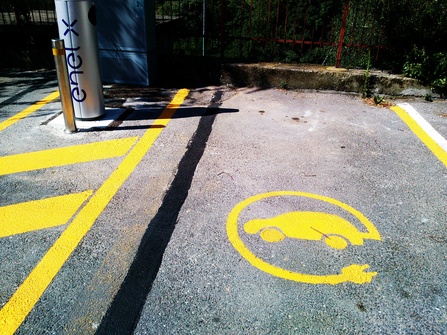The expectations for improved mobility are numerous, an element that strongly characterizes our society. On one hand, the autonomy of movement, speed, and comfort are now considered essential elements. On the other hand, the impact on the environment heavily influences the demand for greater sustainability in the sector. The issues related to sustainable mobility are diverse: non-polluting means, alternative electric systems, innovative means, regulatory implications, new transport systems, and city planning. The trends are rather outlined, and the objectives shared: we need to move towards essentially zero-emission electric mobility while not neglecting other shared possibilities, with particular attention to promoting the use of bicycles in urban areas. It’s an innovative, shared, and collective solution: mobility is seeking new ways to limit environmental impacts and improve the livability of cities. On many issues, the city of Nice is at the forefront of city-center deliveries. For sustainable and smart mobility, transport emissions must be significantly reduced. It is well-known among mobility stakeholders that the bicycle is the most efficient means of urban transportation. With the same energy used, a bicycle carries out a greater distance than any other means. It is much faster than public transport thanks to the ability to choose the best route and avoid stops. To limit heavy truck traffic and pollution in the center of Nice, cargo bikes are specially designed to carry goods, both light and heavy, large and small. Cargo bikes can come in various shapes and can also be customized for specific business needs. [Urby Nice](https://www.urby.fr/nous-contacter/nice/), a subsidiary specializing in urban logistics of Groupe La Poste, is the ideal solution for last-mile deliveries by cargo bike or electric vehicle.


